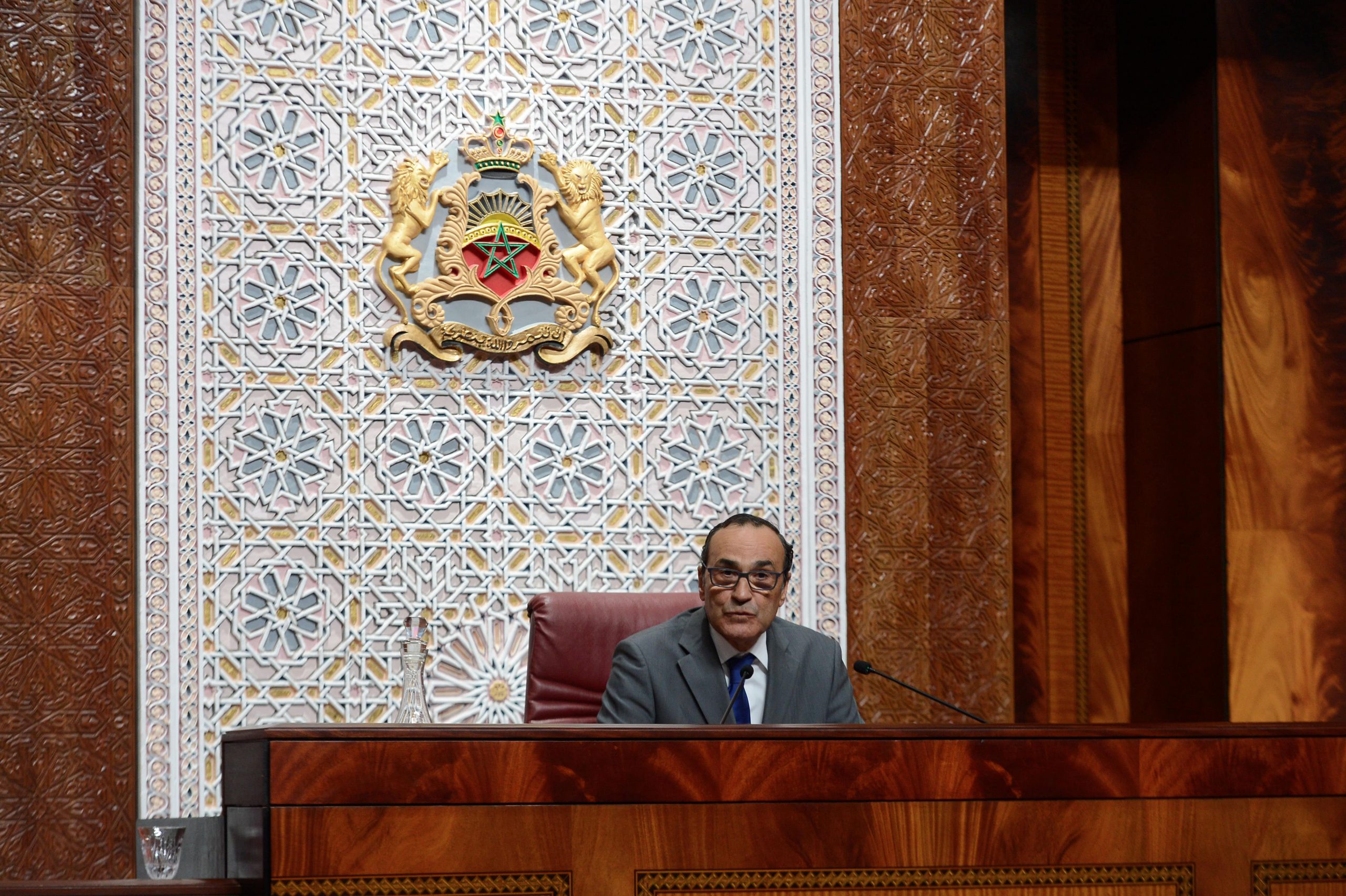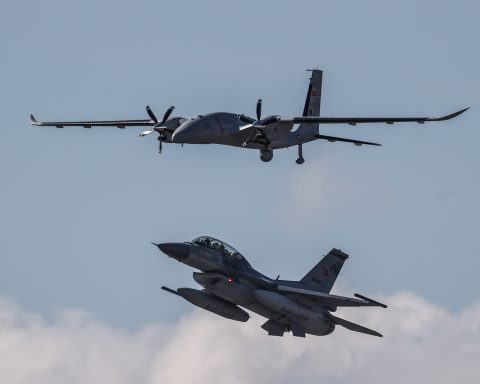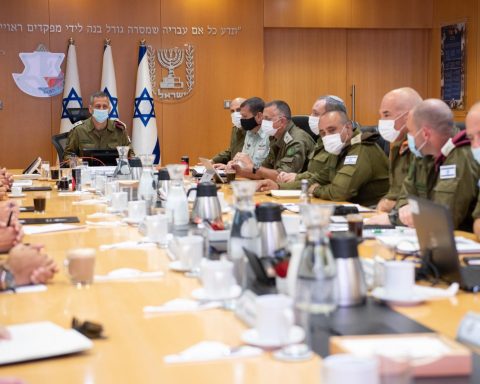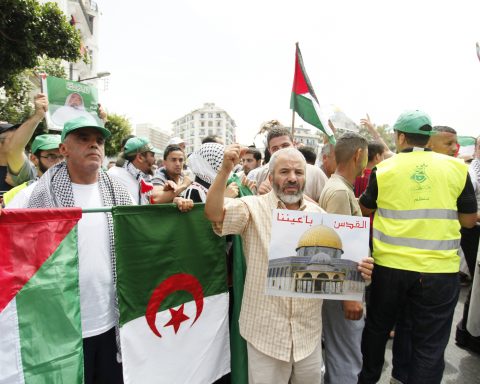Making a statement to the press on the occasion of the end of the legislative term of the parliament, al-Malki evaluated the diplomatic crisis that broke out between Morocco and Spain with the Western Sahara issue.
Saying that many cities in the south of Spain are still nourished by the heritage of the Islamic-Arab civilization through tourism, al-Malki said, “Spain has a civilization complex against Morocco and has not yet digested it. Unfortunately, Spain still lives in the period of the Crusades, not in the 21st century,” he said.
Expressing that Spain’s provocative attitude by accepting the separatist Polisario Front Secretary-General Brahim Ghali to the country stemmed from this complex, al-Malki said that because of this situation, the crisis could not be overcome and mutual respect and friendship between the two countries could not be restored.
Al-Malki emphasized that Morocco has a clear stance on the admission of Ghali to Spain and that this stance should be maintained until the end when the country’s territorial integrity is concerned.
The relations between Spain and Morocco, which have been the scene of serious tensions recently due to the Western Sahara issue, have resulted in the left coalition government in Spain secretly bringing the separatist Polisario Front Secretary-General Brahim Ghali to the country on April 22 to be treated at a hospital in Logrono due to COVID-19. The incident later turned into a diplomatic crisis when he was hospitalized.
The political tension between the two countries deepened further with the arrival of Ghali, the leader of the Polisario Front, and the subsequent influx of irregular migrants from Morocco to Spain.
As a result of the Moroccan administration relinquishing its border control, more than 8,000 irregular migrants, mostly underage, crossed into Spain by swimming or walking from the northern and southern borders of Ceuta, between May 17-19.
The influx of irregular migrants ended with Morocco resuming border control and Spain sending troops to the region, consequently sending 7,500 irregular migrants back to Morocco.
Although Ghali left Spain on June 2 with a plane sent by Algeria, the crisis between the two countries did not end.
The Moroccan administration, which had withdrawn its ambassador from Madrid for consultation, made connections between Western Sahara and Catalonia and stated that the current crisis will not end unless Spain’s position on Western Sahara was made clear.














